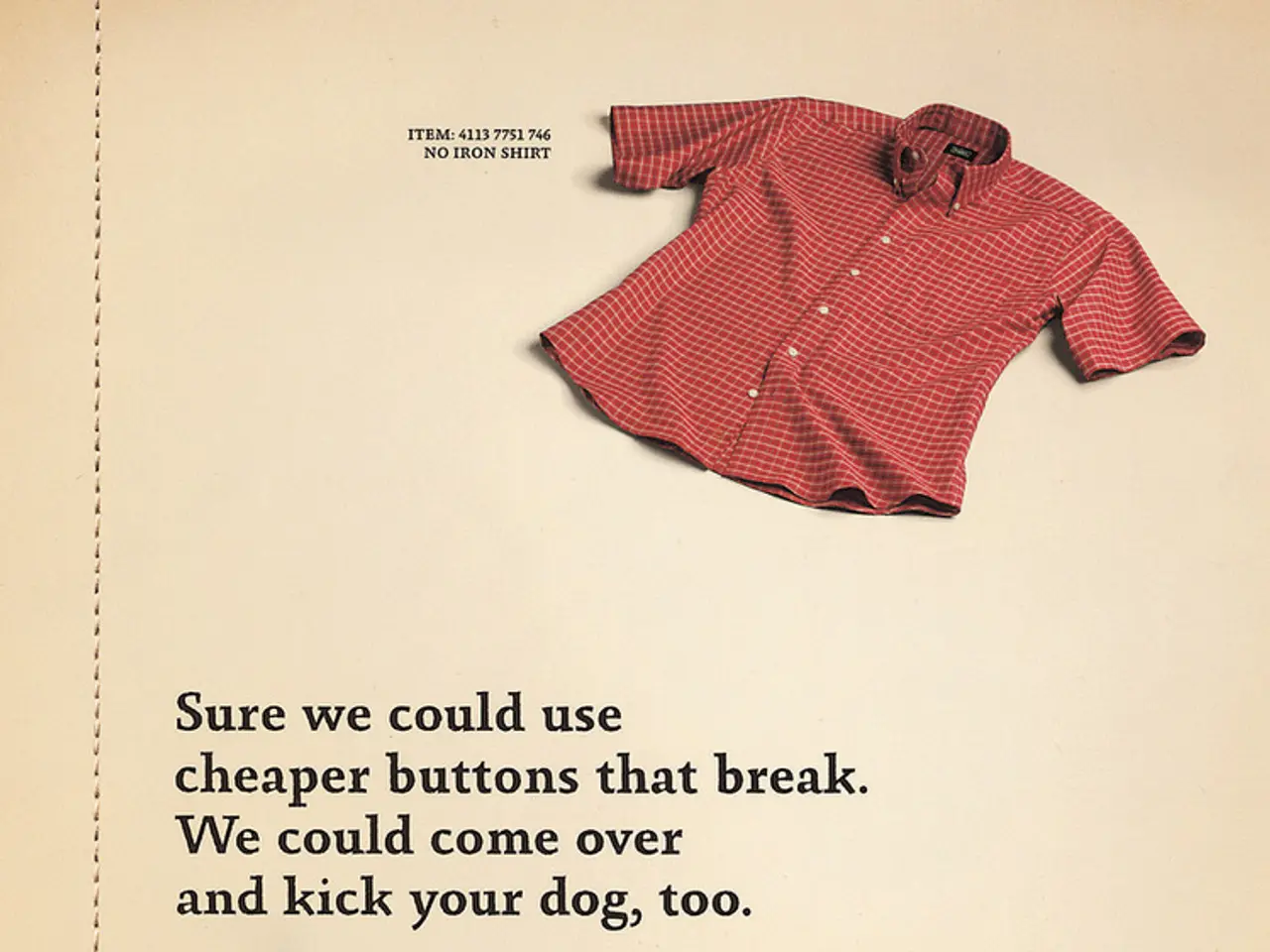Understanding Male Reproductive Health: Causes of Reduced Function in Elderly Men
Human reproduction relies on the sexual organs of both men and men. Puberty marks the onset of full functionality in male reproductive organs, enabling procreation.
The male reproductive system consists of the penis, scrotum, and testicles. The penis, filling with blood during arousal, facilitates sexual intercourse. The testicles, housed in the scrotum, produce sperm cells and the hormone testosterone. Ejaculation releases sperm cells into the female reproductive system, where one sperm cell can fertilize an egg.
In Germany, reduced sexual function in elderly men often stems from physical conditions like prostate issues, hormonal changes such as low testosterone possibly linked to Vitamin D deficiency, and psychological factors including stress, depression, anxiety, and relationship problems. A single ejaculation can contain up to 750 million sperm cells, but only one is required for fertilization.
Male sexual organs, fully functional after puberty, play a crucial role in human reproduction. Understanding the causes of reduced sexual function in elderly men can help address these issues and maintain overall health.





